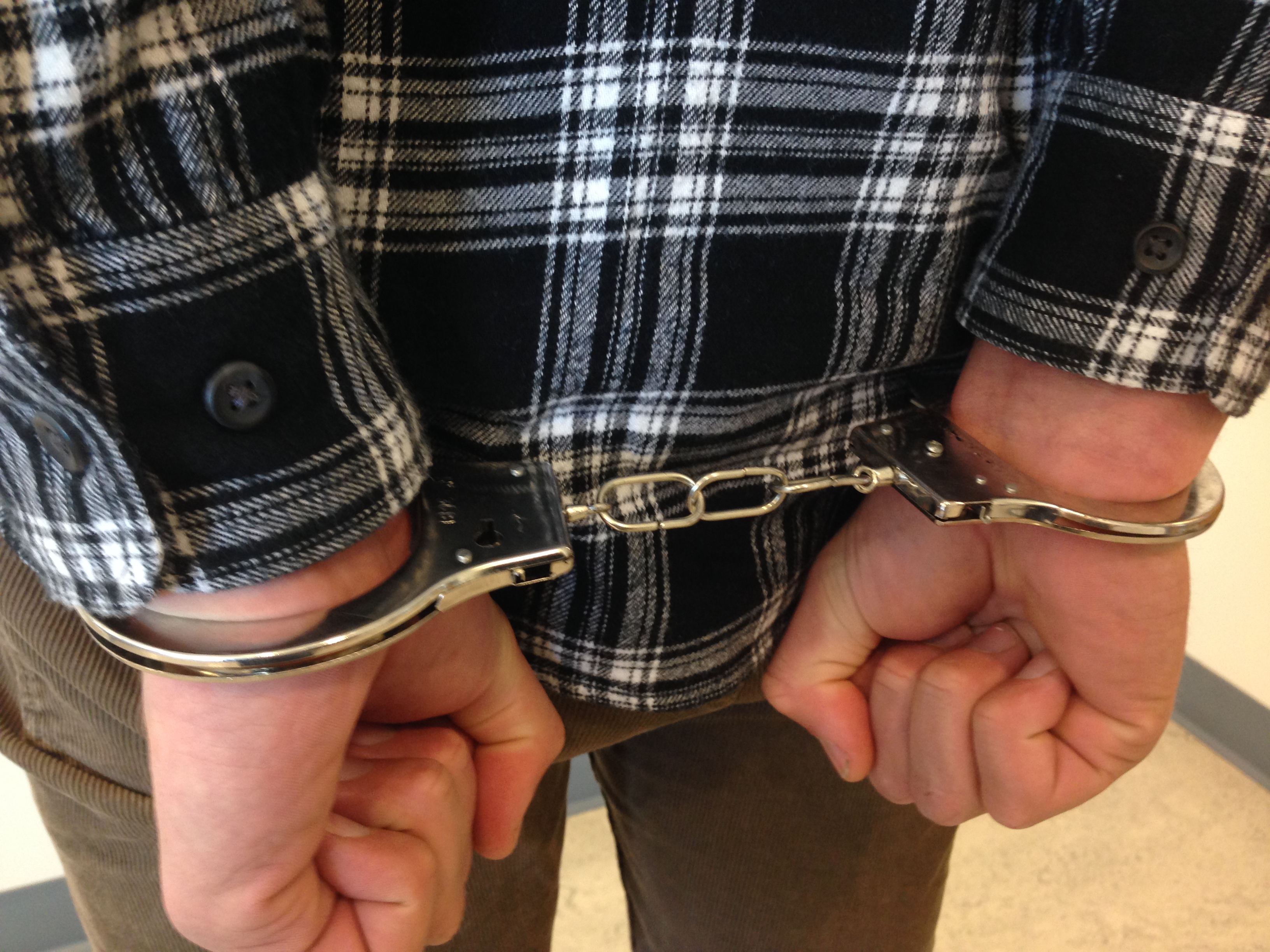In light of recent events, Scholium decided to discuss whether or not Episcopal should be involved in off campus disciplinary issues. While the paper recognizes that the school does posess the right to do so, the Scholium staff was split in opinion as to whether or not EA should exercise such a right. As such, instead of writing a single staff editorial, Scholium felt the need to provide arguments to both sides of the matter and leave the reader to come to his/her own conclusion. What follows are two contrary opinion pieces to the question of whether or not Episcopal should intervene in out of school affairs.
PRO: Episcopal Adminis- tration needs to be involved
Whether or not on Episcopal grounds, students need to accept that they are tenants of Episcopal’s reputation and should act as such.
Under the current substance abuse policy, a student is not permitted to purchase, possess, or consume alcohol or illegal drugs under any circumstance. This includes off-campus consumption or possession—regardless of whether school is in session.
A student who possesses and/or uses alcohol, drugs, or other harmful substances will go before the Discipline Committee and will appropriately face a consequence.
A first time offense occurring during the school day results in expulsion. Purchasing or selling either alcohol or drugs on school property or at school-related function also results in expulsion. The minimal punishment for a first time offense results in a two-day suspension and up to twenty days of Disciplinary Probation and required alcohol/drug consultation. Any secondary offense results in expulsion.
By having such a strict substance abuse policy, Episcopal protects students who wish to be a part of an alcohol and drug free student body, ensures the legality of students’ behavior, and creates a safe environment. Episcopal assumes this right to provide safety and lawfulness of its students as an act of communal security.
Any illegal behavior by a student is unacceptable whether it includes substances or not. It is Episcopal’s duty to protect its students. Parents expect the school to be able to provide a safe, alcohol and drug free environment for their children. Students must realize that by engaging in illegal activities on or off campus they are jeopardizing the safety of the entire Episcopal community.
Also, Episcopal may be held responsible for a student’s actions on or off campus. If a complaint is filed, it is possible the complainer may want to pursue a lawsuit against the school for not appropriately disciplining a poorly behaved student. Students should be aware that they put their school at risk when they act badly or even illegally.
No matter how the student rationalizes his or her behavior, it is against the law to consume or purchase alcohol under the age of twenty-one or sell or use illegal drugs. Episcopal disregards the legitimacy of a citation by not disciplining a student who consumes or purchases alcohol although the law was broken. As a school, Episcopal cannot neglect to adhere to the laws of Pennsylvania and the United States of America.
This policy ensures not only safety and the proper behavior of students, but also Episcopal’s reputation as one of the nation’s leading private schools. Students should be aware that their actions influence others’ perceptions of Episcopal as a whole. In order to maintain the honor of the Episcopal Academy, students should behave no differently outside of school as they would in school.
When wearing Episcopal gear or driving with an Episcopal bumpersticker, students are advertising the school. While voluntarily identifying oneself as an Episcopal student, one should accept the responsibility of becoming a spokesperson for the school. A spokesperson, however, demonstrates the school’s reputation not only through words but also through actions.
While acting badly or illegally in Episcopal gear or with an Episcopal identifier, one will associate the actions of the student with the school itself. It is purely irresponsible to behave wrongly while willingly linking oneself to the school.
The same expectation of behavior applies to social media as well. Although the Internet may appear to be an outlet for the adolescent masses, Episcopal students should be expected to use it with great caution.
When posting something on the Internet with the information of the school he or she attends, one should never behave inappropriately or in violation of the school’s policies. Cyber-bullying, harassing another student, visual or verbal obscenities, and the possession or use of alcohol, tobacco, or drugs on or off campus are inexcusable and students should be disciplined for such offenses.
The school community has these expectations of school conduct to encourage honesty, responsibility of behavior, self-discipline, and respect of the faculty and fellow students. Students should accept these expectations on and off campus and Episcopal should continue to discipline those who fail to meet the community’s expectations to send a message both to the student and the community in order to prevent further violations.
In the future, students should behave as they would on campus, regardless of their location,to affirm the Episcopal Academy’s safety, legality, and established reputation.

CON: EA should stay out of it
When a student comes before the disciplinary council as a result of an out-of-school affair, the likelihood is that he/she has already experienced repercussions elsewhere. Why then must Episcopal pour salt on an already open wound? The school should realize that disciplinary action in such cases only sends a message that is already being stressed in a parental and perhaps legal setting. The punishment therefore is redundant and at times excessive.
Is it possible that the school’s reputation has suffered from the out of school infraction? Perhaps, but so has the student’s own reputation.
Let the “lesson” from such a behavioral issue come from these consequences to individual’s integrity, and not a school punishment usually made days after the fact.
In cracking down on out of school issues, Episcopal also creates a gray area of where it will draw the line in disciplinary matters. While in school students have a relatively clear idea of what behavior does and does not warrant reprimand, it is much more vague in terms of out of school issues. Would disciplinary issues be limited to alcohol-providing parties? Or could one be at risk of getting in trouble if the school learns that he/she dropped an “f-bomb” on the weekend? While the harmless latter would go without punishment, where is the line drawn between those two extremes? The lack of clarity and the difficulty in creating such a distinction between permissible and punishable out-of-school actions is a reason why such discipline is unrealistic.
The inconsistencies of off-campus punishment are also seen in the fact that only an extreme minority of violable behaviors actually goes punished. The school’s inability to reprimand all cases of poor off-campus conduct makes the process unfair to the few who actually receive repercussions. If the school really felt there was a need to reprimand individuals, would it not go after every rumor or story of off-campus misconduct? Clearly not. If it did, Episcopal would no longer have a disciplinary matter to solve, but a number of upper school desks to fill.
We therefore believe that to avoid the arbitrary and inconsistent elements of the process, the school should choose between one of these two extremes: punish all or none of the reported out-of-school offenses. Seeing as only one is practical, the decision should be an easy one.
